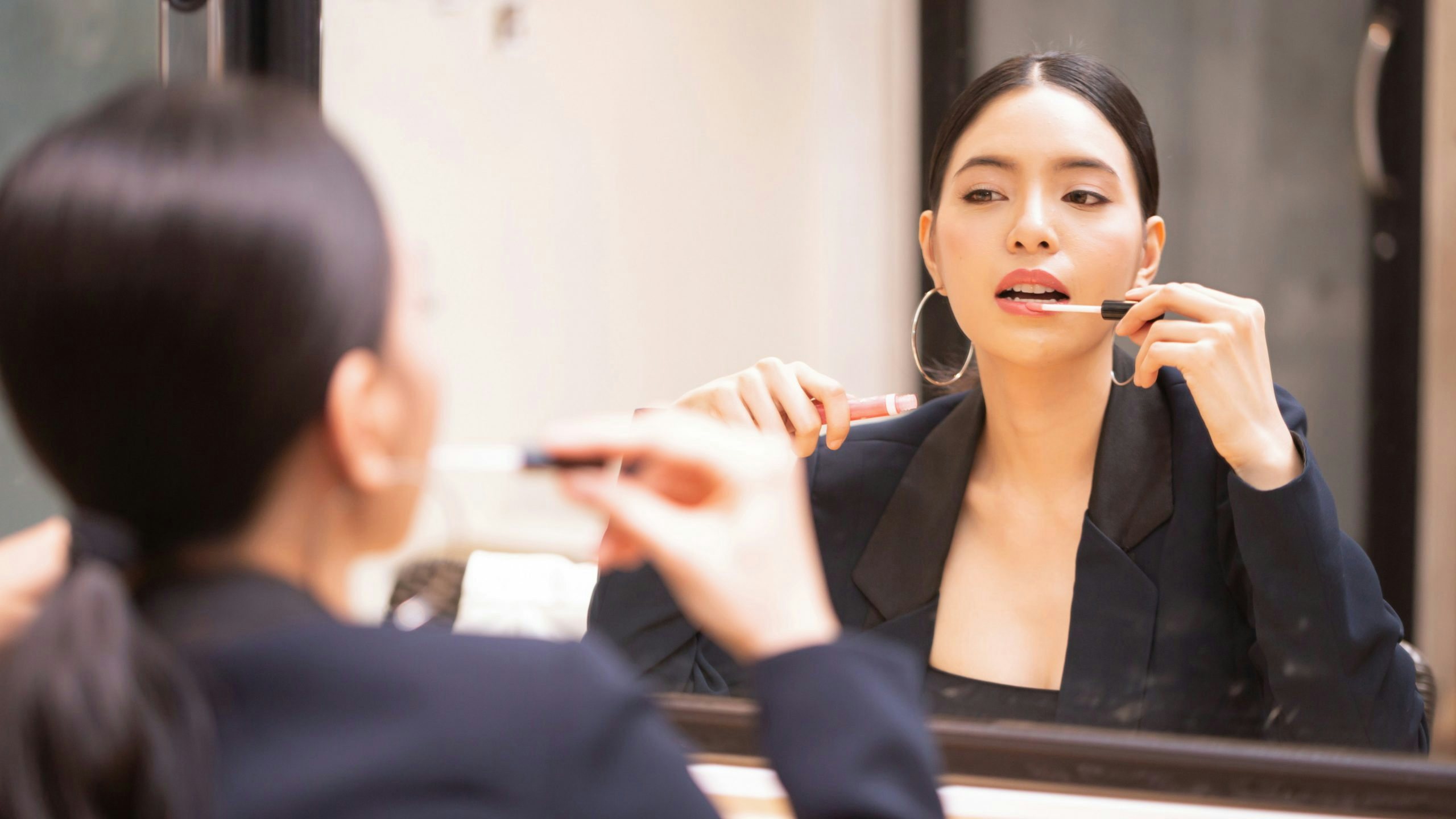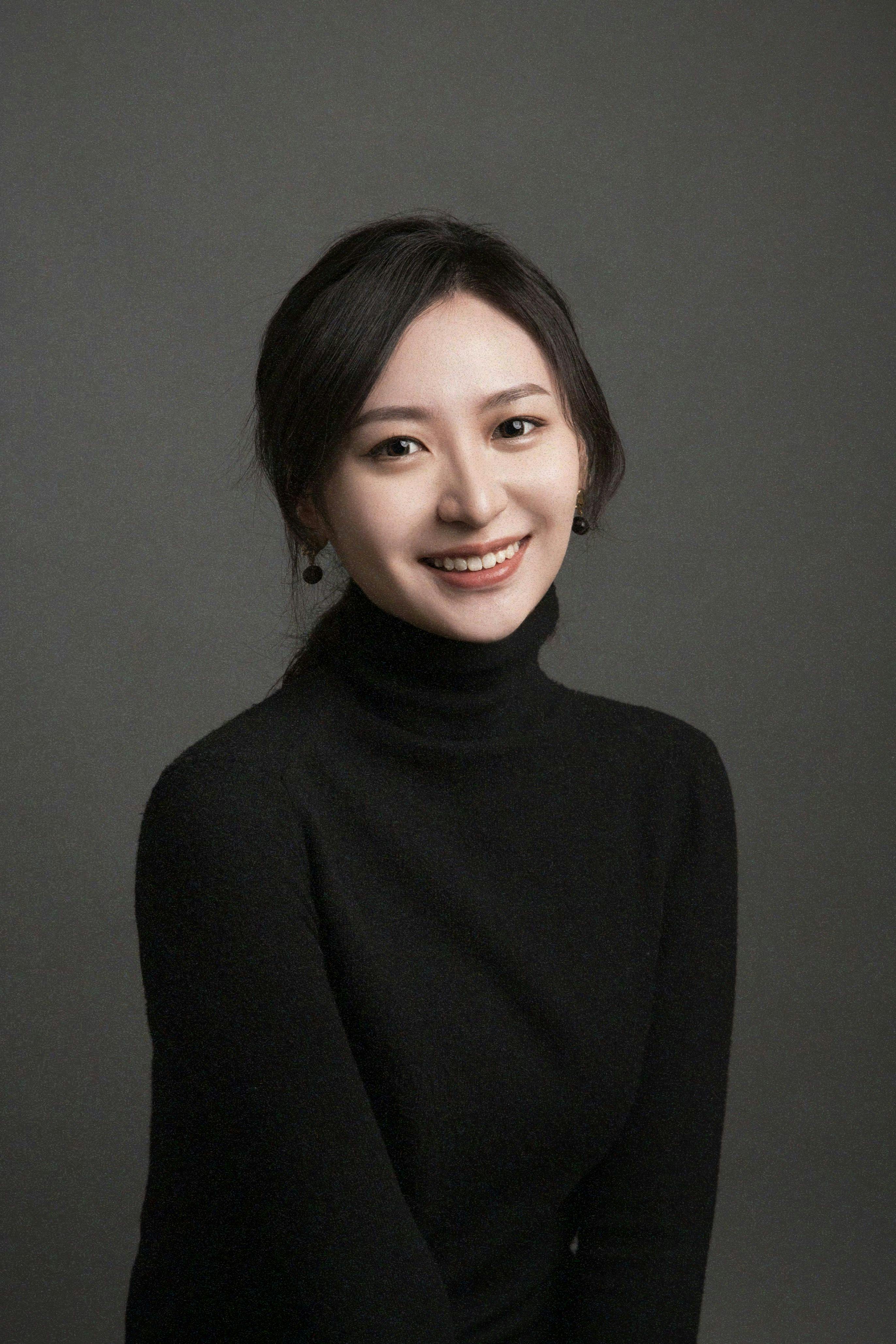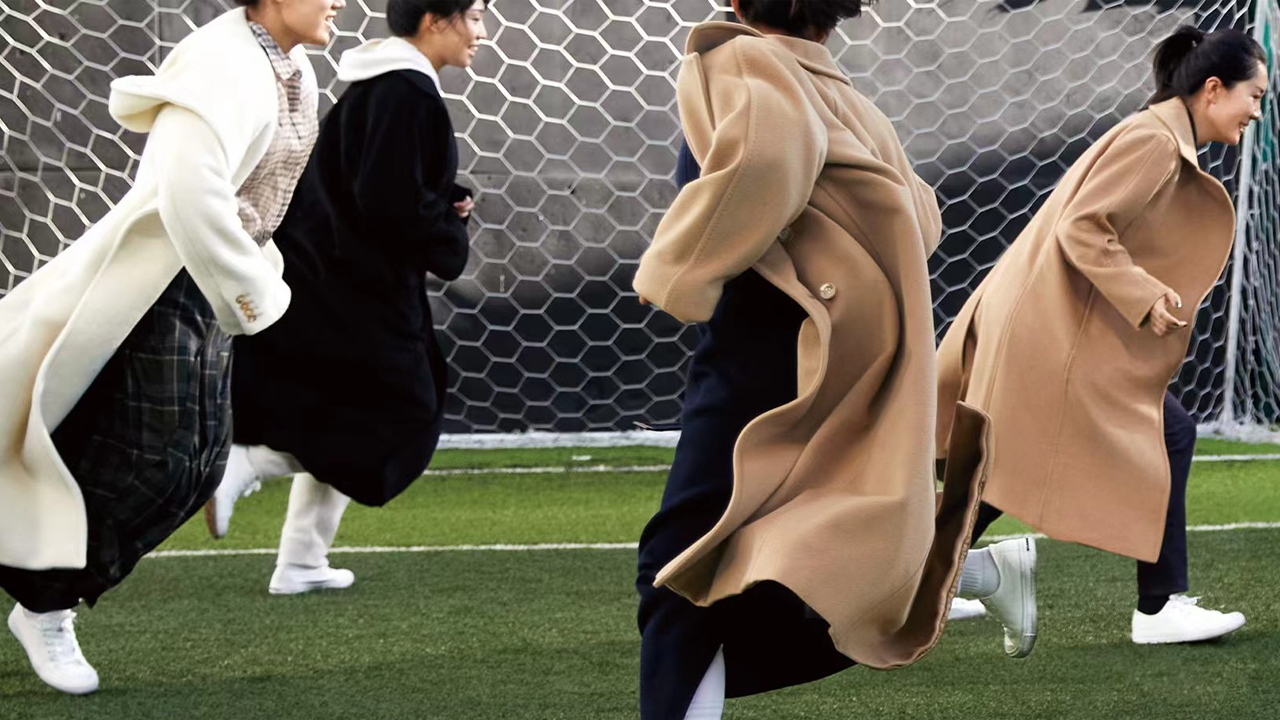What happened
Social media platforms have become the main hotspots for China’s women’s rights movement. After words describing female stereotypes like “Stepford” and “pick me girls” 娇妻 went viral, a new buzzword called “Beauty Duty” 服美役 has started trending on Xiaohongshu and Weibo.
#BeautyDuty describes the societal pressure that women face to dress up and wear makeup for events, interviews, and social outings. While some might reject the norm, many feel like they don’t have that freedom. The term originated in Korea and Japan, where women’s Beauty Duty is even more pronounced. Now, younger Chinese generations are taking to social media to urge women not to comply with Beauty Duty standards if they don’t want to. So far, the related hashtag has accumulated over 1.24 million discussions on Xiaohongshu.
The Jing Take
Over the past few years, many Chinese have come to see wearing makeup as a sign of respect for others. To meet these social demands, women will spend more time and money buying clothes and learning how to wear makeup compared to men, who are just expected to be clean and do very basic grooming. As Xiaohongshu user @jiminn pointed out, this topic has taken off as part of the broader feminist debate in China.
Some are arguing that long hair, wearing makeup, and spending money on fashion are all part of Beauty Duty, and that women should abandon these frivolities to invest in growing their wealth and status instead. However, counter arguments state that women buy clothes and makeup because of individual preferences rather than being a “Stepford” or “pick me girl.” Others note that in many places, girls are still denied the right to dress up. Those who love beauty may be criticized by their teachers or coworkers for not focusing enough on work.
While Mao’s edict that “women hold up half the sky” impacted the gender attitudes of that time, contemporary Chinese feminism started relatively late compared to the west. It’s important to recognize that the narrative arch of feminism is very different in China versus the West. In particular, conservatism has had a great impact on the formation of modern social ideas. Moreover, despite the Chinese government’s common prosperity policy, a large gap between rich and poor still exists. As a result of different living environments and educational experiences, the attitudes of women from different backgrounds also vary, and are likely to be at odds with one another.
These complex, somewhat fragmented and contradictory viewpoints can be a minefield for brands. As society evolves for consumers, brands should pay attention to their wording and tone in PR and marketing to avoid arousing negative public sentiment. The easiest way to do this is eschewing stereotypes and encouraging women’s self determination.
In recent years, a number of new consumer brands have emerged catering to the ideas of modern women. At the same time, brands like Purcotton and Biohyalux have been boycotted by female consumers because of inappropriate remarks and adverts, indicating that more and more consumers are withholding their spending power when they feel disrespected. The winners are ultimately those who actually listen to their customers.
The Jing Take reports on a piece of the leading news and presents our editorial team’s analysis of the key implications for the luxury industry. In the recurring column, we analyze everything from product drops and mergers to heated debate sprouting on Chinese social media.


